Revolutionizing Retail: How AI Developers Are Redefining Customer Experience
The retail industry has undergone a dramatic shift in recent years, and the primary force behind this transformation is artificial intelligence (AI). From dynamic pricing models and virtual assistants to predictive inventory management and hyper-personalized marketing, AI has become integral to retail success. However, none of these innovations are possible without the technical brilliance and strategic foresight of an artificial intelligence developer.
Introduction
The retail industry has undergone a dramatic shift in recent years, and the primary force behind this transformation is artificial intelligence (AI). From dynamic pricing models and virtual assistants to predictive inventory management and hyper-personalized marketing, AI has become integral to retail success. However, none of these innovations are possible without the technical brilliance and strategic foresight of an artificial intelligence developer.
As consumer behavior evolves and expectations continue to rise, retailers must adapt quickly or risk falling behind. In this ever-accelerating marketplace, an artificial intelligence developer plays a pivotal role in enabling businesses to deliver exceptional customer experiences, streamline operations, and achieve scalable growth.
The Growing Influence of AI in Retail
Retailers today leverage AI technologies to decode vast amounts of consumer data. This data helps them:
-
Predict customer buying behavior
-
Personalize product recommendations
-
Optimize inventory levels
-
Improve customer service via AI-powered chatbots
With the support of skilled AI developers, companies are building robust platforms that respond to consumer needs in real-time, making shopping more efficient and intuitive than ever before.
Key AI Use Cases in Retail:
-
Product Recommendation Engines
Developers build machine learning models that analyze past purchases and browsing history to recommend items most likely to appeal to each user. -
Dynamic Pricing Models
Prices fluctuate in real-time based on supply, demand, and competitor pricing. Developers integrate AI systems that evaluate these factors and update prices accordingly. -
Customer Sentiment Analysis
AI algorithms analyze customer reviews, social media, and support tickets to understand public sentiment and adjust marketing strategies.
How AI Developers Are Driving Retail Innovation
An artificial intelligence developer isn't just a coder—they are a problem solver, data architect, and innovation enabler. They design and train AI models that automate complex tasks and deliver customer-centric solutions.
Responsibilities of AI Developers in Retail:
-
Data Preprocessing & Modeling: They collect and clean data, ensuring the AI system understands and learns from it accurately.
-
Machine Learning Algorithm Design: Developers select the right models—like decision trees, neural networks, or reinforcement learning—to fit the problem.
-
Model Training & Testing: They fine-tune models to ensure optimal performance across real-world data.
-
Deployment & Monitoring: AI developers don’t stop at building—they deploy, scale, and maintain AI models in live environments.
Retailers seeking long-term scalability and competitive advantage should consider hiring an experienced artificial intelligence developer to future-proof their digital transformation.
Real-World Examples of AI-Powered Retail Experiences
1. Amazon's Recommendation System
Amazon's product suggestions generate nearly 35% of its total sales. Their AI system analyzes billions of data points in real-time to provide highly personalized recommendations.
2. Walmart’s Inventory Forecasting
Walmart uses AI to predict demand and stock levels at each store, cutting down on waste and ensuring popular products are always available.
3. Sephora’s Virtual Artist
Using AI and augmented reality, Sephora’s app lets users try on makeup virtually—boosting online conversions while enhancing customer engagement.
Challenges in AI Implementation in Retail
While the potential is vast, retailers face challenges in AI adoption:
-
Data Silos: AI models are only as good as the data they're trained on. Fragmented systems can limit effectiveness.
-
Bias in AI Models: Developers must ensure fairness and neutrality to avoid alienating customer segments.
-
Scalability Concerns: Building AI solutions that grow with the business requires forward-thinking development strategies.
-
Security & Compliance: Customer data must be handled in strict adherence to regulations like GDPR.
A skilled artificial intelligence developer helps overcome these hurdles by implementing ethical, scalable, and secure AI systems tailored for retail.
The ROI of Investing in AI Talent
Investing in top AI talent directly impacts your bottom line. According to a 2024 report by McKinsey:
-
Retailers using AI personalization saw a 15–20% increase in sales.
-
Dynamic pricing tools led to a 6% improvement in profit margins.
-
AI-driven inventory optimization reduced carrying costs by up to 30%.
This clearly highlights how developers play a key role in unlocking financial benefits through intelligent automation and personalization.
Future of AI in Retail
AI’s future in retail is only getting brighter. We’re heading toward stores without cashiers, fully autonomous inventory systems, and hyper-localized marketing powered by real-time data analysis.
Emerging Trends:
-
Generative AI for Visual Merchandising: Developers are now leveraging generative tools to design store layouts and promotions automatically.
-
Voice Commerce: Integration of AI-powered voice assistants into the shopping journey is gaining traction.
-
AI + IoT Integration: Developers are combining AI with IoT sensors to create intelligent supply chains and smart shelves.
Retailers that get ahead of these trends by hiring the right AI development talent will dominate the market in the next decade.
Conclusion
The retail industry is undergoing a seismic shift, and the fuel driving this transformation is AI. But behind every intelligent algorithm, there’s a skilled hand—an artificial intelligence developer who understands the complexities of data, behavior, and business strategy.
Whether you're a retail startup or a global chain, leveraging the expertise of an artificial intelligence developer will determine how quickly and efficiently you evolve to meet modern demands. The future of retail is intelligent, automated, and deeply personalized—and now is the time to build it.



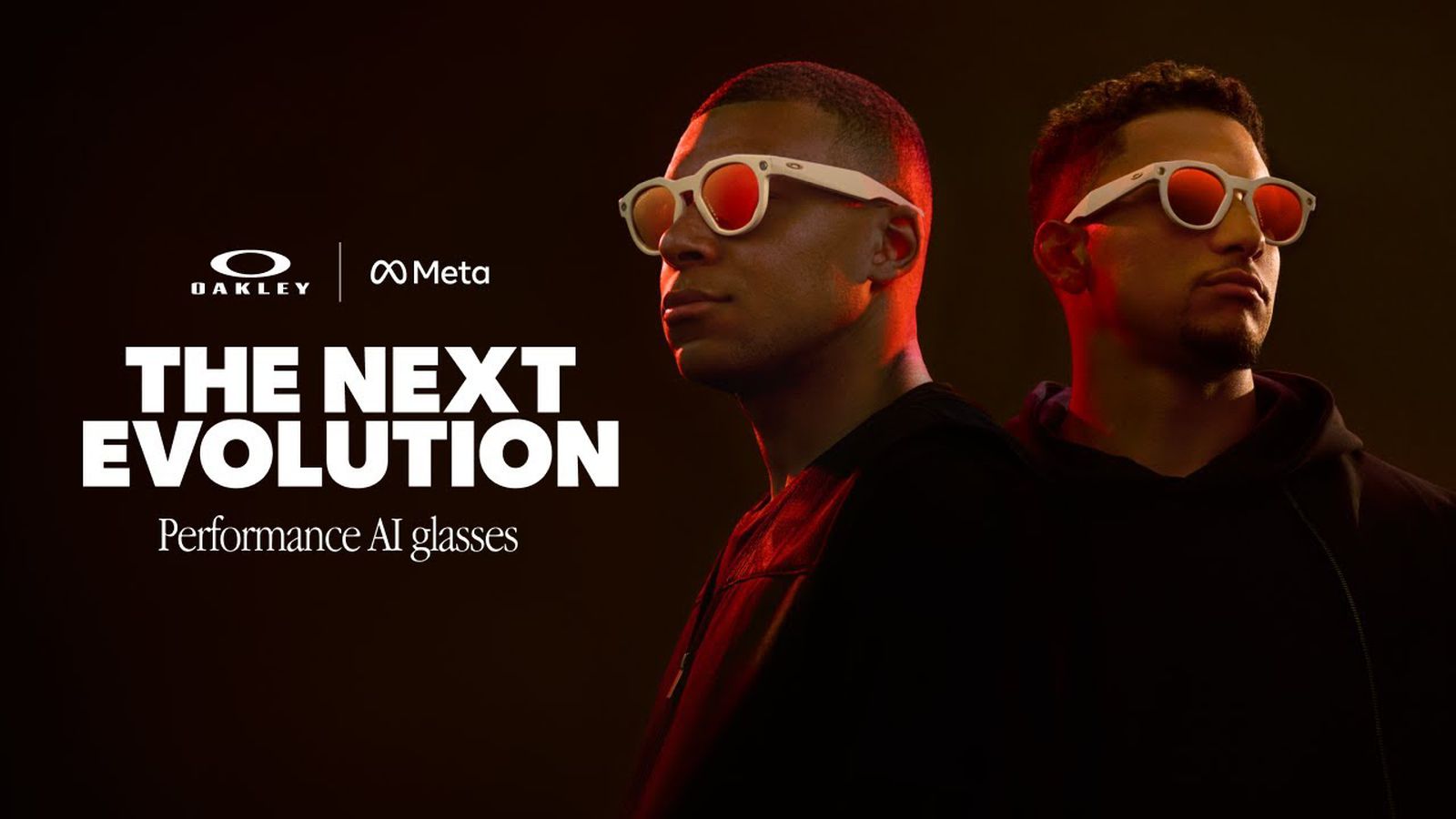














































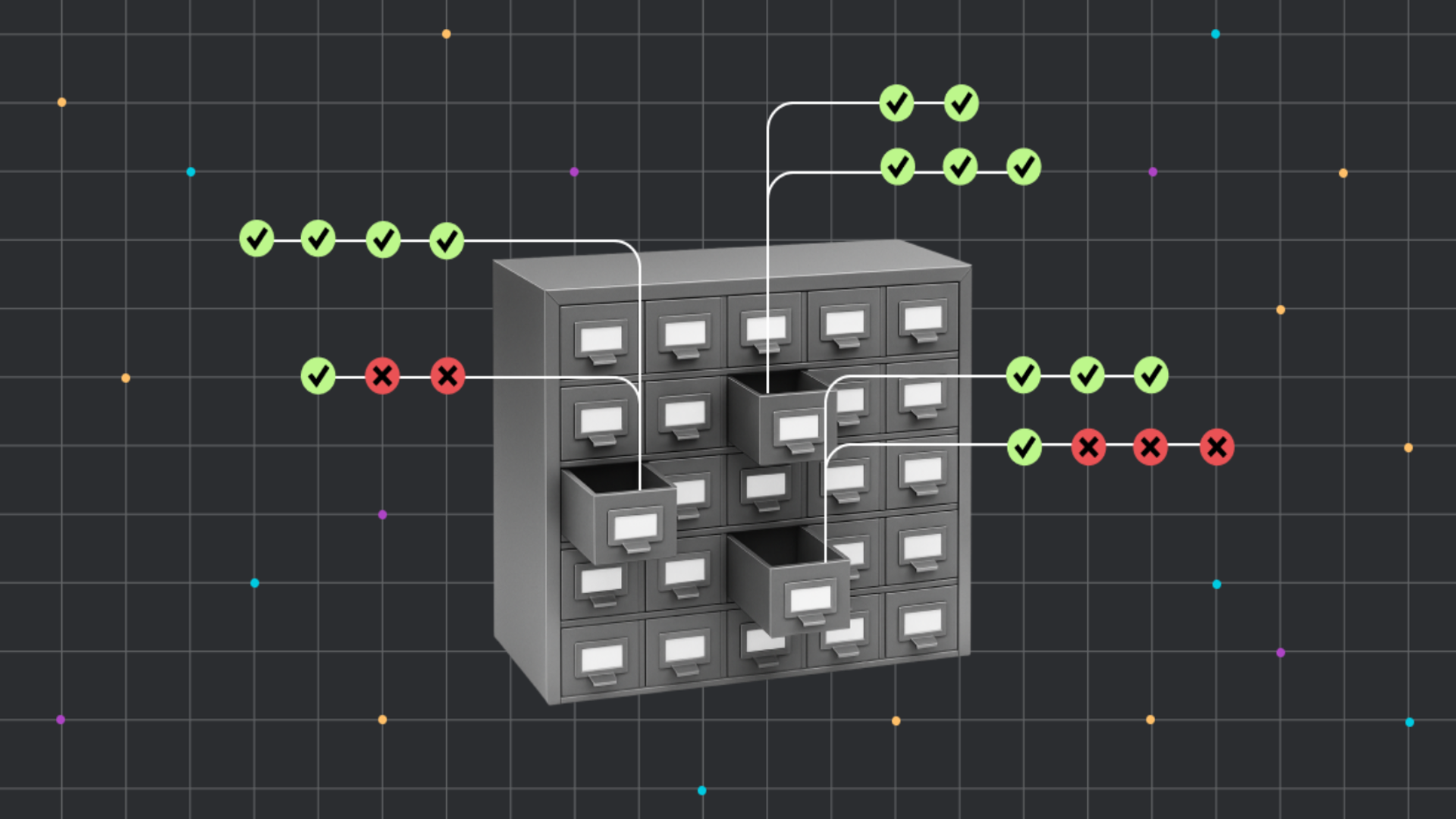


















![Apple's F1 Camera Rig Revealed [Video]](https://www.iclarified.com/images/news/97651/97651/97651-640.jpg)

![Apple Shares New Apple Arcade Ad: 'Hold That Train!' [Video]](https://www.iclarified.com/images/news/97653/97653/97653-640.jpg)
![Apple Shares New Shot on iPhone Film: 'Big Man' [Video]](https://www.iclarified.com/images/news/97654/97654/97654-640.jpg)























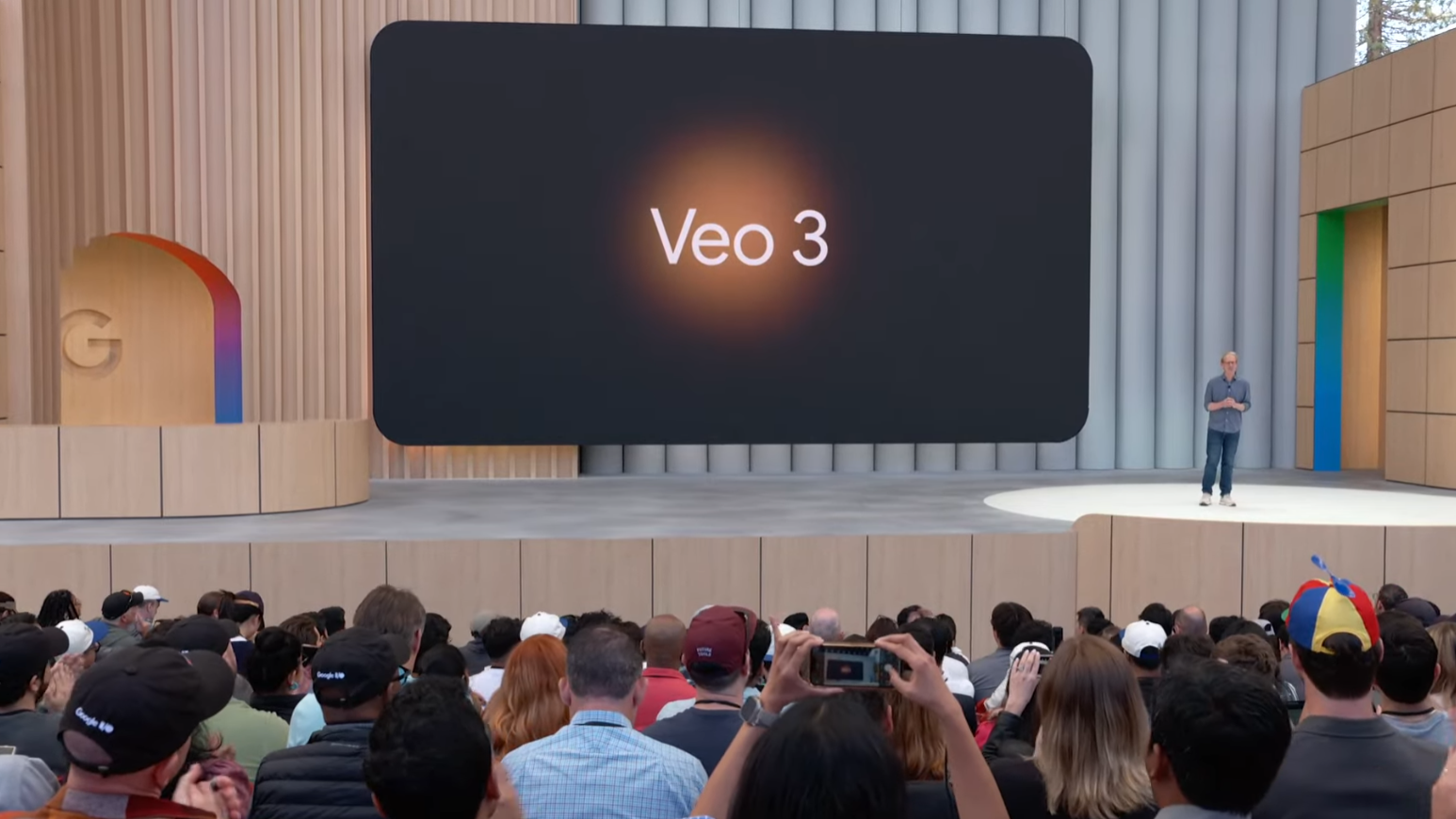






























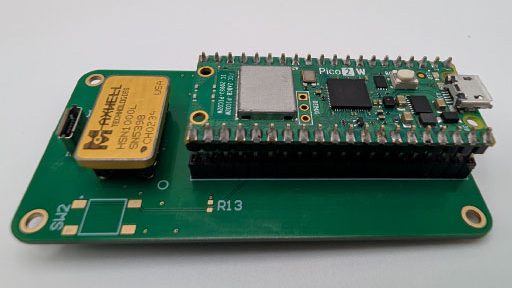


























































_Brain_light_Alamy.jpg?width=1280&auto=webp&quality=80&disable=upscale#)










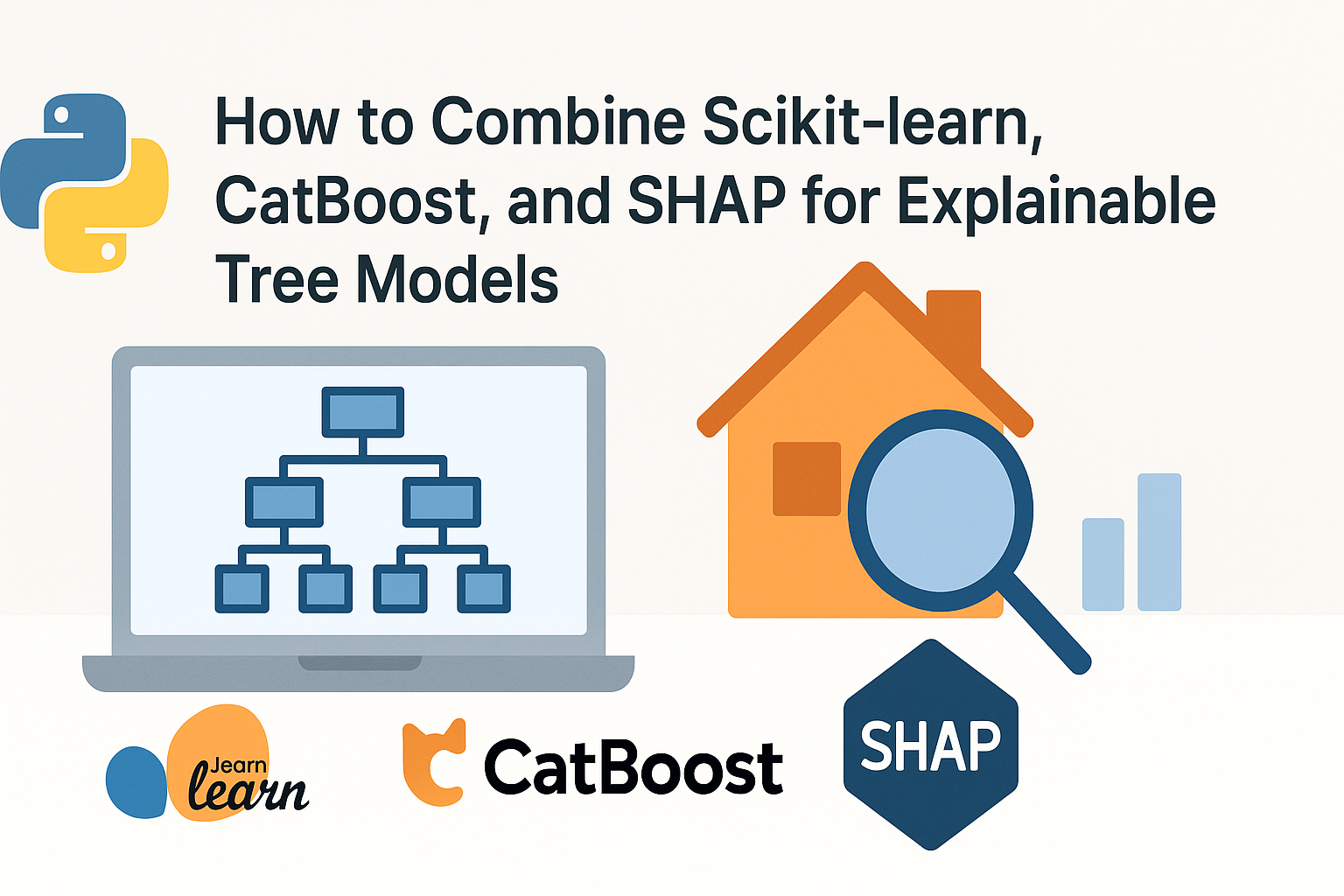

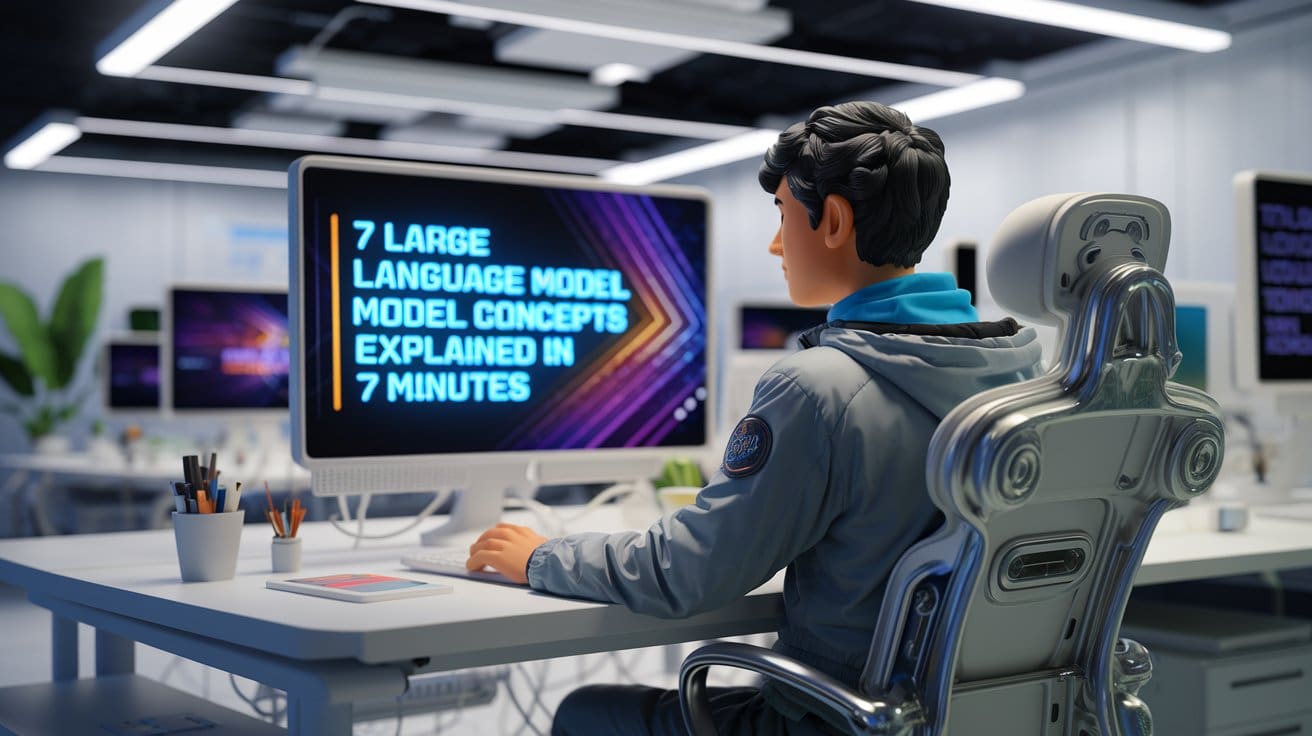



















































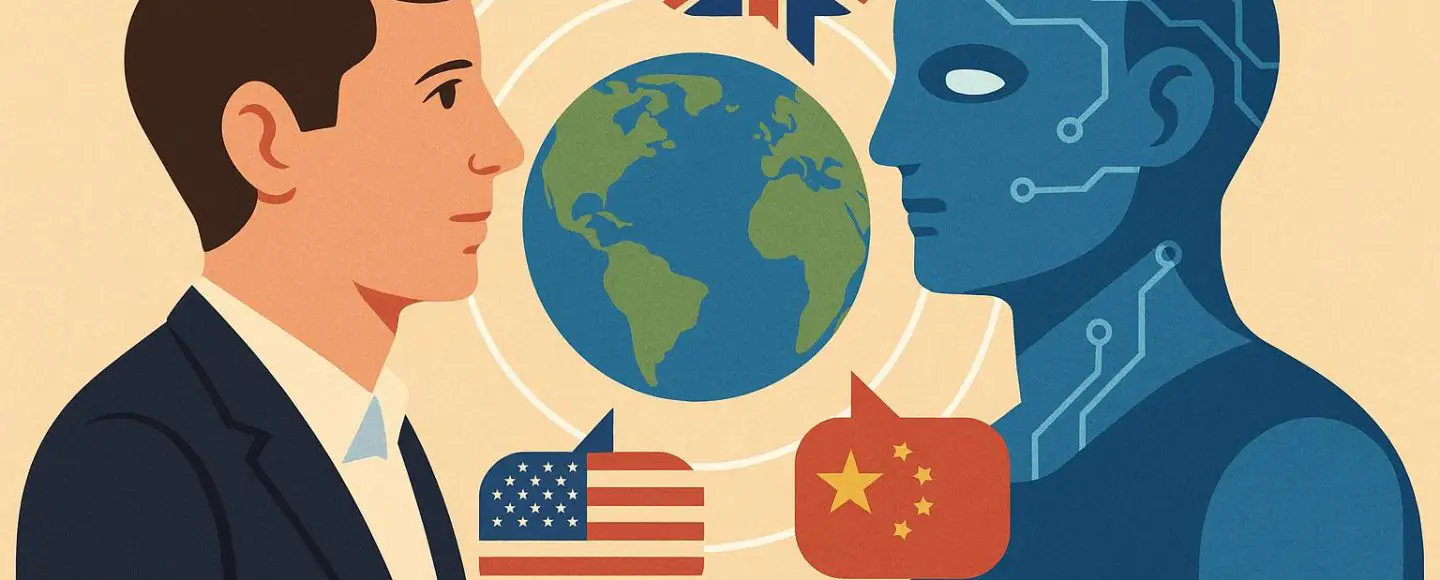

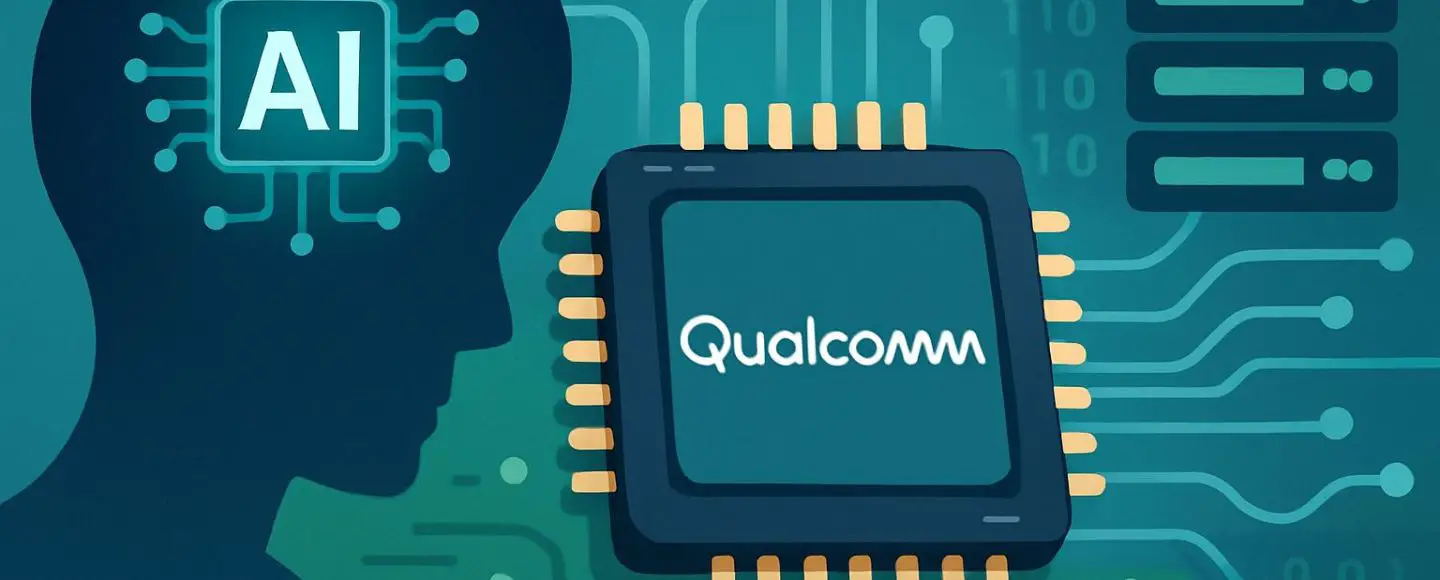




































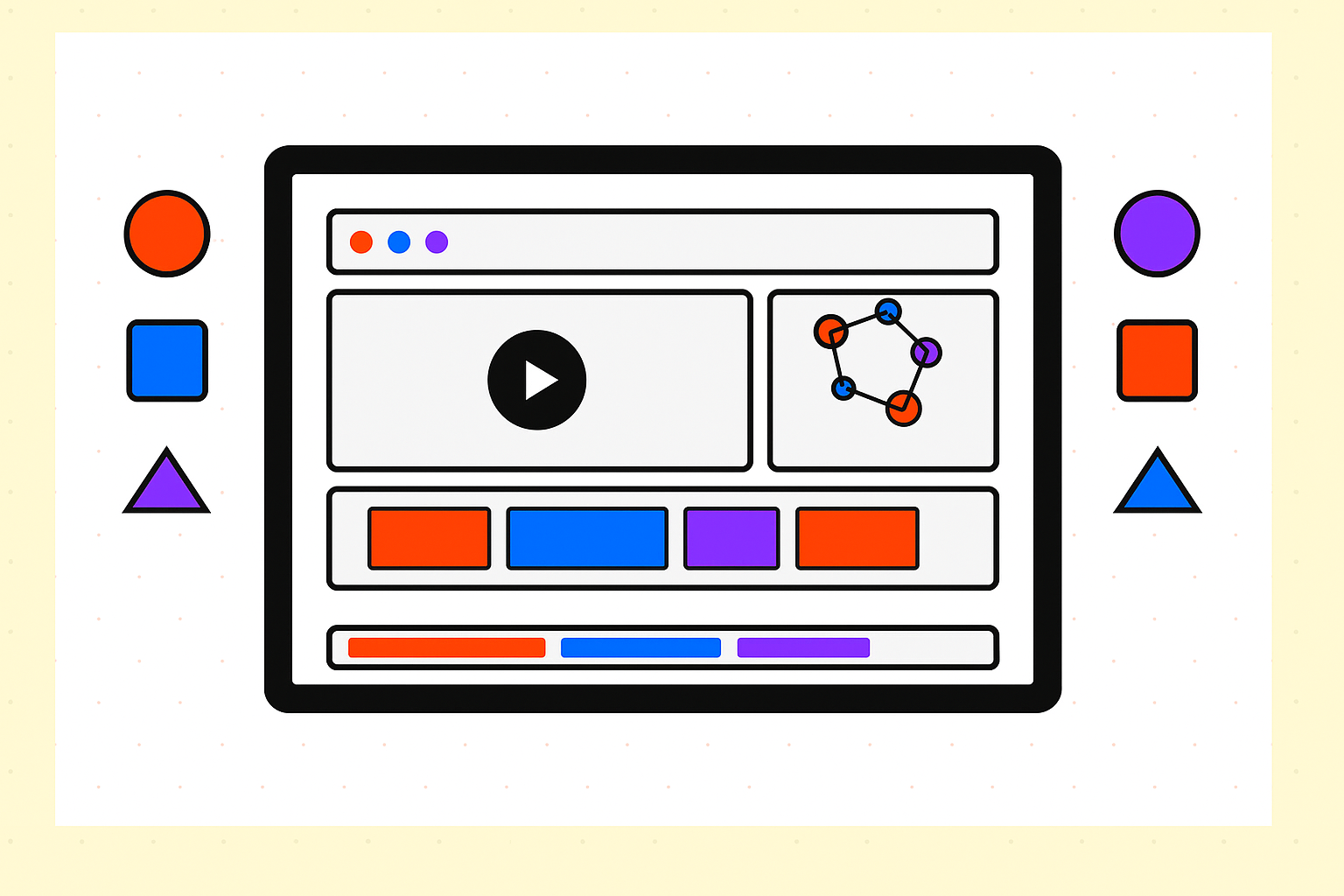














![[The AI Show Episode 154]: AI Answers: The Future of AI Agents at Work, Building an AI Roadmap, Choosing the Right Tools, & Responsible AI Use](https://www.marketingaiinstitute.com/hubfs/ep%20154%20cover.png)
![[The AI Show Episode 153]: OpenAI Releases o3-Pro, Disney Sues Midjourney, Altman: “Gentle Singularity” Is Here, AI and Jobs & News Sites Getting Crushed by AI Search](https://www.marketingaiinstitute.com/hubfs/ep%20153%20cover.png)






























































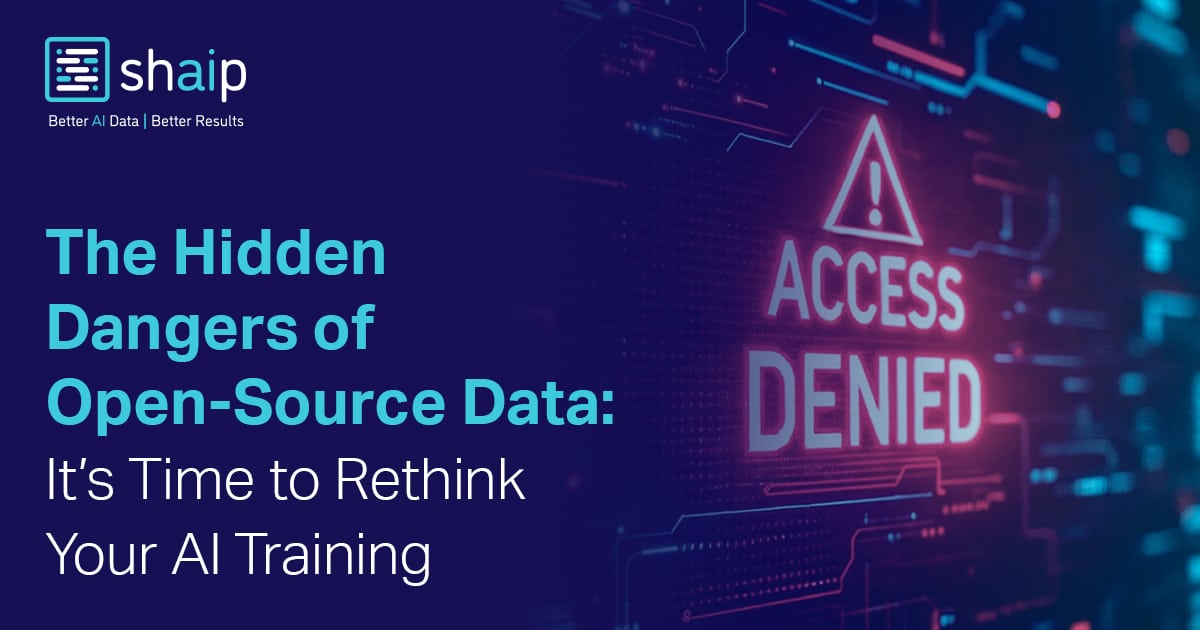















































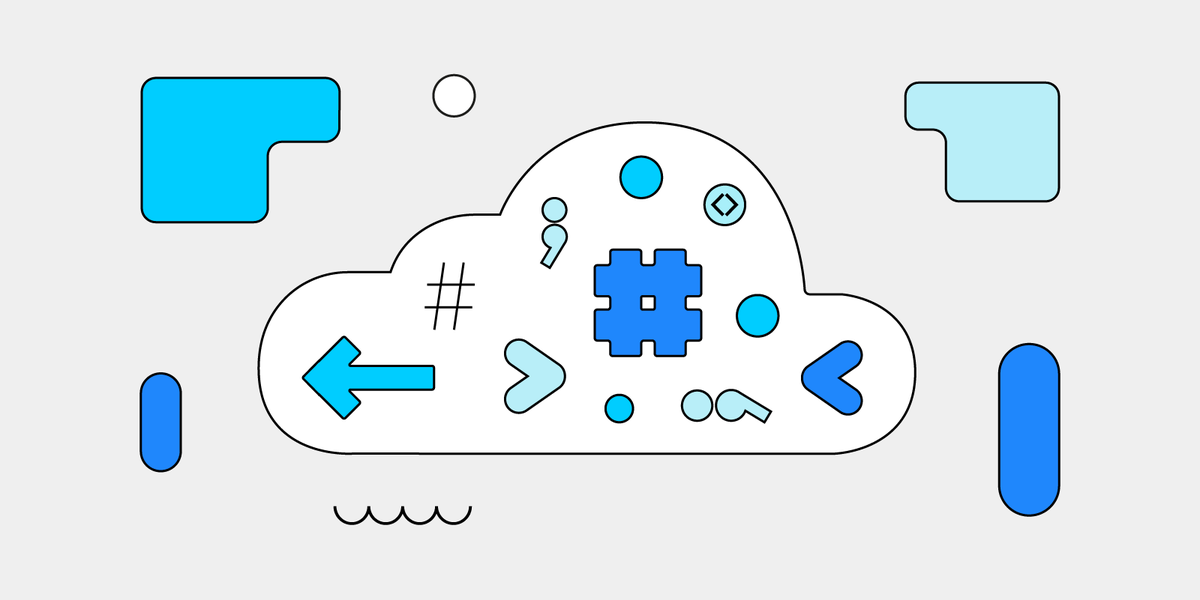





















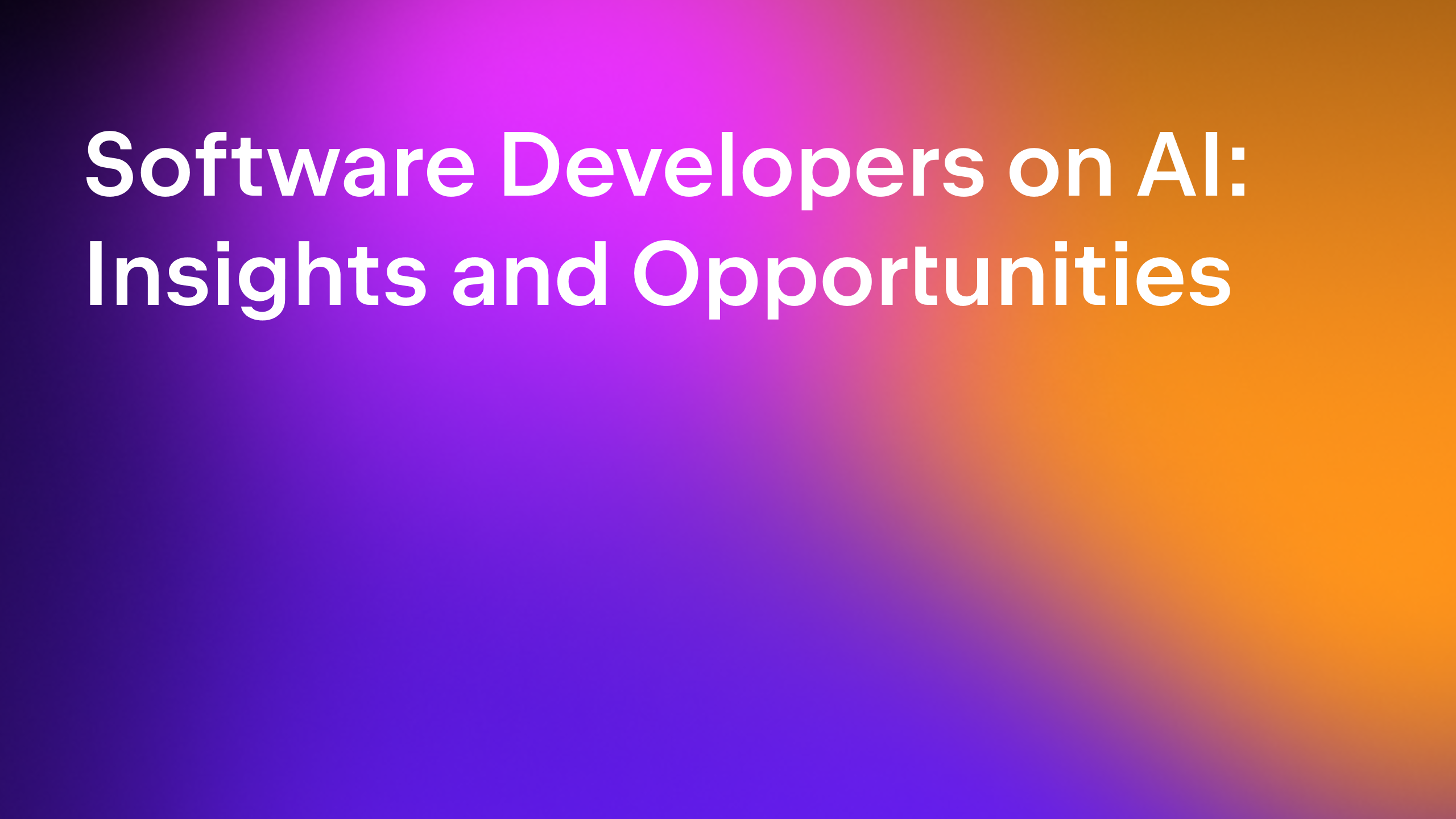


















![[DEALS] Internxt Cloud Storage Lifetime Subscription (20TB) (89% off) & Other Deals Up To 98% Off – Offers End Soon!](https://www.javacodegeeks.com/wp-content/uploads/2012/12/jcg-logo.jpg)























.png?width=1920&height=1920&fit=bounds&quality=70&format=jpg&auto=webp#)































































